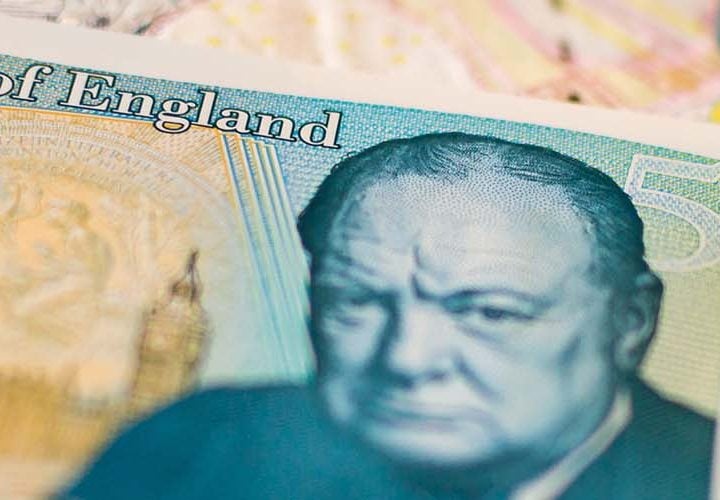In Philipp (Respondent) v Barclays Bank UK PLC (Appellant), the Supreme Court has unanimously ruled in favour of Barclays meaning victims of fraud cannot rely on the Quinecare duty to claim repayment from their bank. The decision will be a huge relief to Barclays (and other banks) and it is a blow to consumers who are the victims of fraud.
Background
In 2018, Mrs Philipp and her husband fell victim to fraud when they were deceived by criminals into instructing their bank, Barclays, to transfer a total sum of £700,000 to a ‘savings’ account in the United Arab Emirates (UAE). Mrs Philipp claimed that as Barclays were on notice of the potential fraud, they were liable to repay her the sums she had lost.
This led Mrs Philipp to issue proceedings against Barclays claiming that they were responsible for her loss as there was breach of a duty owed to her under its contract. This duty is one that has become known as the Quincecare Duty. This comes from the case of Barclays Bank plc v Quincecare Ltd in which the court held that a bank that receives an instruction from an agent of the customer to make a payment owes a duty to its customer not to carry out the instruction if the bank has reasonable grounds for believing that that the agent is defrauding the customer by using the money for the agent’s own purposes.
The Supreme Court held that the precedent from Barclays Bank plc v Quincecare Ltd was not one that could be applied to the facts of Mrs Philipp’s proceedings as the instructions to Barclays were given by Mrs Phillipp herself and not by an agent. Due to this, the Supreme Court allowed Barclays’ appeal and restored the order of the trial judge giving summary judgement in favour of Barclays.
Mrs Philipp did have an alternative claim: that Barclays was in breach of duty by not acting promptly to try to recall the payments made to the UAE after being notified of the fraud. This has not been dismissed. The court set out that the following questions need to be investigated before they can rule on the alternative claim:
-
Whether the bank owed such a duty; and
-
Whether there was any realistic chance that the money would have been recovered if attempts had been made to recall the payments sooner.
According to UK Finance, in 2022, Authorised Push Payment (APP) fraud losses reached £485.2 million with case volumes breaking 100,000 for the first time. This case highlights the importance of taking precautions to avoid such scams as there may not be as much protection given to you from your bank as you might think / want.
If you have fallen victim to a fraud such as the one above, please contact our experienced team on 0845 287 0939, by email or via our online chat below to discuss any legal options available to you to try to recover any losses.







